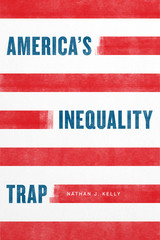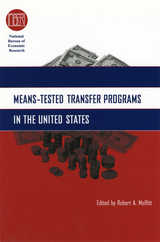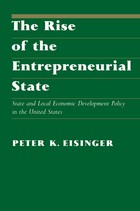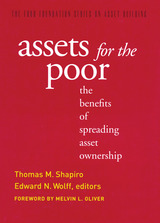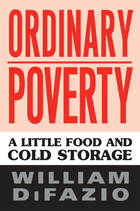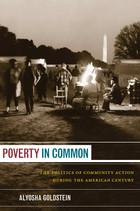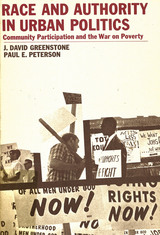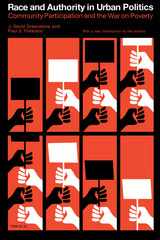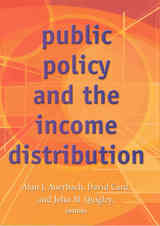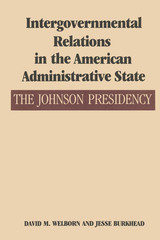“Disciplining the Poor is a landmark book on the governance of poverty in the United States, the most important such work since Piven and Cloward’s Regulating the Poor, written a generation ago, and an exemplar of multi-method social science research.”
— Andrea Louise Campbell, Massachusetts Institute of Technology
“Soss, Fording, and Schram have produced an empirically comprehensive and theoretically erudite study not only of welfare in Florida, but across the United States. To my mind, this is the definitive study of the New American Poor Law that we have so far lacked, a study that properly highlights the bearing of welfare policy on labor markets and race relations.”
— Frances Fox Piven, Graduate Center, City University of New York
“Although American social policy is famously decentralized, Disciplining the Poor is one of those rare studies that provides both a persuasive overview of the broad social forces that shape the policy and a compelling analysis of how those forces are accommodated and incorporated by individuals and implementing agencies at the street level.”
— Michael Lipsky, Distinguished Senior Fellow, Demos
“Soss and colleagues Fording and Schram present an important study of how and why poverty governance has evolved over the past four decades. . . . As the nation grapples with the effects of the great recession, Disciplining the Poor is not only a timely study but also an engaging book that is well positioned to reshape a generation’s thinking on how poverty is confronted. This is a landmark book that both scholars and policy makers will appreciate. Highly recommended.”
— T. J. Vicino, Northeastern University, Choice
“[P]owerful. Drawing on research from sociology, social welfare, political science, and public administration, Disciplining the Poor is a rare book that marries multiple disciplinary traditions with robust empirical analysis in pursuit of a timely and politically relevant goal. The book opens the doors for much new research on the market functions of the welfare state, the racial origins and implications of poverty governance and the complex interplay of welfare and penal systems as disciplinary structures.”
— Hana Brown, Wake Forest University, Social Forces
“A tour de force. . . . All three authors are among the country’s most prolific and insightful scholars of social policy, and together they have crafted a work of wide and ambitious scope, combining a superb and nuanced theoretical intensity with historical insight and skillfully amassed empirical evidence. One of the pleasures of engaging with this work of expansive vision and erudition is to encounter academic minds on their sharpest edge. . . . That Soss, Fording, and Schram were able to shape and sculpt all the massive amounts of data into coherent, elegant chapters is a marvel of engaged and passionate scholarly dedication, and the ethos of their piece is as impressive as the content. Their research—historical, theoretical, and empirical—is impeccable, and breathtakingly they bring all the realms of research together, in the process forging laser-like insight into poverty governance in the contemporary moments of complexity. Both graduate students and faculty in a wide range of disciplines who wish to gain cultural literacy in understanding poverty, race, and its management need to treat this text as priority reading. It will become a classic in the way Piven and Cloward’s Regulating the Poor did over forty years ago.”
— Allan Irving, University of Pennsylvania, Social Service Review

